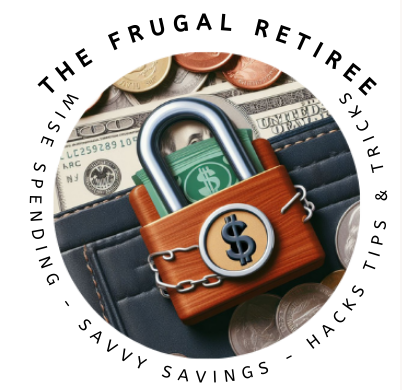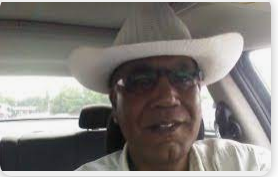
Did you know that Okinawa, Japan does not have a word for retirement?
Hi. Paul Mindra here, your host and guide on this service, “The Frugal Retiree”.
In this post, I will reveal a fascinating aspect of Okinawa, Japan with you – a place where the concept of ‘retirement’ is virtually unheard of. Now, what is the big deal about Okinawa? This group of islands in the East China Sea is known for its stunning landscapes, but it also stands out for its remarkable approach to life, particularly by the elderly.
In Okinawa, you will find a society that sees ‘retirement’ not as an ending but rather as a shift in how life is lived. Unlike many Western cultures, Okinawan elders remain active in the community, continuously engaging in work that sparks joy and purpose. This isn’t just about staying busy; it’s about maintaining a deep connection to life’s meaning well into old age.
A lot happens quickly in our understanding of longevity, and Okinawa is central to this exploration. With some of the highest numbers of Centenarians in the world, Okinawa offers a blueprint for an aging population that maintains health and happiness far beyond typical retirement years. This is inextricably linked to the Okinawan lifestyle, which includes a strong sense of community, a healthy diet, and regular physical activity.
‘Ikigai’, a Japanese concept that translates loosely to ‘reason for being’, is the heartbeat of Okinawa’s ageless spirit. I’m here to help you understand how this blend of passion, vocation, mission, and profession guides daily life in Okinawa and how it might be the key to their impressive lifespan and zest for life.
Quick Navigation
- Ikigai: The Heart of Okinawa’s Ageless Spirit
- Living Without The Word Retirement
- Infusing the Okinawan Way into Modern Living
- Summary
- Special Note
“Accept” is a verb meaning to receive something willingly. “Except” is most often used as a preposition meaning “not including,” a synonym of but all except one, and is also commonly used as a conjunction. All efforts are made to provide accurate information on this Service and any errors & omissions are excepted.
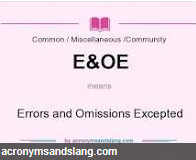
Did you know that Google is the Grandchild of Archie & Veronica? I did not.
See Archie Here
See Veronica Here
Ikigai:
The Heart of Okinawa’s Ageless Spirit
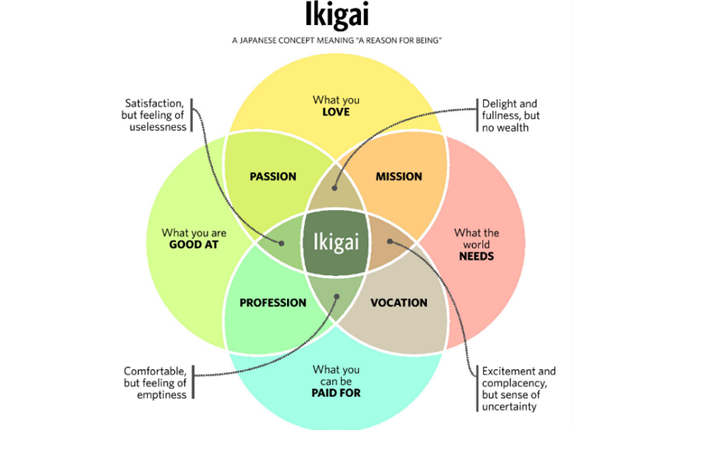
Let’s pull back the curtain on what many consider the secret to Okinawa’s youthful longevity: Ikigai. It’s about finding joy, fulfillment, and balance in the daily routine, and it serves as a compass guiding the Okinawans to holistic well-being.
What is intriguing, is how Ikigai intertwines with the notion that there is no word for ‘retirement’ in Okinawa. This isn’t just about avoiding a term; it’s also about a lifestyle that does not traditionally recognize retirement as a distinct life phase. Instead, the Okinawan lifestyle emphasizes a seamless transition through life’s stages, wherein the elderly remain active and integral to community life, their sense of purpose undiminished.
In my opinion, to truly grasp the concept of Ikigai, let’s look at real-life examples. We will find out about elders who continue to wake up with a sense of purpose, tending to gardens, engaging in community work, or imparting wisdom to the younger generations. These activities are not just hobbies but an embodiment of their Ikigai, giving them motivation and a sense of satisfaction.
You can always adjust your perspective on aging and lifestyle, and these examples from Okinawa are a testament to the power and relevance of Ikigai. By integrating purposeful living into every day, Okinawans maintain their physical and mental health and foster a sense of community belonging that supports them throughout their lives.
Living Without the Word ‘Retirement’: Okinawan Practices
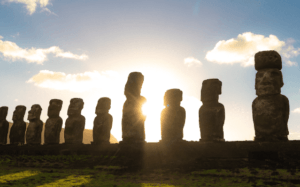
Let’s go through the everyday practices in Okinawa that underpin their non-existent concept of retirement. This isn’t just about ongoing work; it’s also about a vibrant social fabric that sustains individuals well into their later years.
The social structure in Okinawa boasts strong community ties. From a young age, Okinawans are integrated into ‘moai,’ a social gathering that provides financial and emotional support. As they age, these bonds don’t weaken but grow stronger, ensuring no one feels isolated or without purpose.
Continuing to work, irrespective of age, is commonplace. But don’t worry too much about the term ‘work’ here. It’s often part-time or less intensive, focusing on passion rather than necessity, from tending small shops to cultivating gardens, crafts, or fishing.
There is also a societal respect for the elderly, recognizing the wisdom and experience they bring. It’s common for older Okinawans to teach the younger generations skills and traditions, preserving their cultural heritage and maintaining their role as active community members.
The impact of these practices on well-being is immense. Studies suggest that staying mentally and physically active, having social networks, and feeling valued can improve health and longevity. It’s clear that for Okinawans, the twilight years are just another chapter in a life well-lived, rich with engagement and purpose.
Infusing the Okinawan Way into Modern Living
You’re probably thinking, how can the Okinawan lifestyle be blended into our fast-paced modern lives? It’s simpler than you might imagine. The essence of Ikigai is not bound by geography; it’s a philosophy that can be adopted regardless of where you are. What’s remarkable about Okinawa’s example is that it teaches us to find joy and purpose in our daily activities, which can lead to a more content and longer life.
A Philosophy for Finding Your Purpose (Video)
In 2010, author Dan Buettner released a book titled The Blue Zones in which he studied areas of the world that are home to the longest-living residents (including Okinawa).
- Key Insight 1: Okinawa, Japan, is known for having a high number of Centenarians, or people over age 100, who continue to live purpose-filled lives even after retiring late.
- Key Insight 2: Author Dan Buettner studied areas around the world with the longest-living residents, including Okinawa, and wrote a book called The Blue Zones.
- Key Insight 3: Ikigai, a Japanese philosophy, is believed to contribute to the longevity and purpose-filled lives of the people in Okinawa.
If you want to incorporate the principles of Ikigai into your routine, start by discovering your reason for waking up in the morning. Choose something that resonates with you, whether it’s your profession, family, hobbies, or social contributions. Remember, infusing Ikigai into your life doesn’t mean a drastic change; it’s about making small, consistent choices that align with your core values and bring fulfillment.
Summary
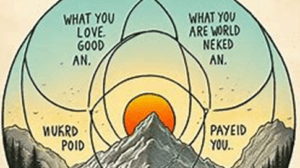
Here are some practical steps you can take:
– Reflect on what you love doing; Reflect on what the world needs from you; Reflect on what you can be paid for; and Reflect on what you are good at.
The convergence of these elements is where you’ll find your Ikigai. Cultivate community and foster connections that support your purpose. Stay active and keep learning new skills. And importantly, don’t rush it – Ikigai is a journey, not a destination.
In Okinawa, the absence of ‘retirement’ doesn’t mean work never ends; it signifies that life is about continual growth and contribution. Integrating Ikigai into our lives, helps us create a balanced lifestyle that can make the retirement years not just tolerable, but enjoyable and meaningful.
In my opinion, embracing the Okinawan outlook on life has the potential to reshape our understanding of aging. It encourages us to maintain an active role in society, cherish our connections, and always seek a purpose that keeps our flames of passion burning.
At any stage of life, finding and living your Ikigai could be the secret ingredient to a joyous and extended existence.
Leave a comment with your thoughts and let’s get the conversation started.
Your Host & Guide

Paul Mindra.
Special Note:
The Ikigai Tribe
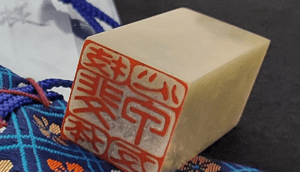
While researching this post, I came across a site that claims that much of the information about Ikigai found on the internet is misunderstood and offers clarity through community, podcasts, zoom classes, and workshops.
“…after stumbling upon the westernized ‘Ikigai Venn Diagram’ it became my mission to correct the misunderstood perception of Ikigai and share with the world what Ikigai means to the Japanese. The information on this website and in my soon-to-be-released book is what I hope is the most accurate and honest representation of the Japanese concept of Ikigai.” – Nicholas Kemp: Founder of the “Ikigai Tribe” Website.
Have a look here – It is good to compare perspectives to get an even better understanding.
